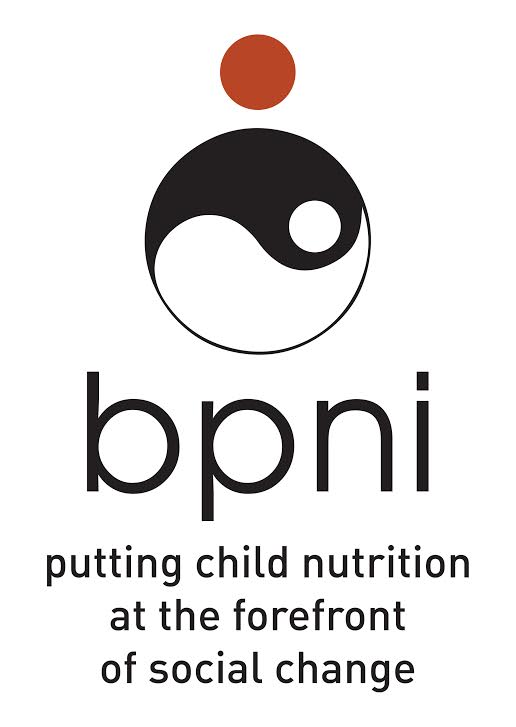Hidden cost of ‘ease of doing business’ in the food sector
 In recent years, the mantra of ease of doing business has become a cornerstone of economic policy, championed by institutions like the International Monetary Fund (IMF) as a pathway to growth and prosperity. These institutions often prioritise free-market principles, favouring minimal regulatory interventions. While this approach may yield benefits in certain sectors, its application to the food industry, particularly in the context of ultra-processed foods (UPFs) or High Fat/Sugar and Salt (HFSS) foods, warrants a critical re-evaluation.
In recent years, the mantra of ease of doing business has become a cornerstone of economic policy, championed by institutions like the International Monetary Fund (IMF) as a pathway to growth and prosperity. These institutions often prioritise free-market principles, favouring minimal regulatory interventions. While this approach may yield benefits in certain sectors, its application to the food industry, particularly in the context of ultra-processed foods (UPFs) or High Fat/Sugar and Salt (HFSS) foods, warrants a critical re-evaluation.
The food processing ministry intends to increase foreign investment in the food processing industry permitting 100% foreign direct investment (FDI) in trade, including e-commerce, for food goods made or produced in India. The government has exempted all processed food items from the purview of licensing and include these under lower Goods and Services Tax slabs. It is not clear though if there is a consideration if any for the highly processed or UPF products such as chips, cookies, noodles, chocolates or juices; over-consumption of these is shown to be unhealthy.
The Food and Agriculture Organization’s (FAO) recent ‘State of Food and Nutrition Security’ report jointly produced with fellow UN agencies IFAD, UNICEF, WFP and the World Health Organization (WHO), raises concerns about the expansion of FDIs in the UPFs food sector indicating that this appears to be more clearly associated with increases in overweight, obesity and non-communicable disease (NCD) prevalence. FDI is considered to be the preferred method for Transnational Food Companies (TFC) to invest in the new markets for processed foods, with the ‘freedom’ to advertise and market their products aggressively, thereby creating and amplifying demand.
UPFs, characterised by high levels of sugar, fat, salt, and artificial additives, are increasingly dominating the diets of populations around the world. These products are engineered to be hyper-palatable, cheap, and convenient, making them highly attractive to consumers, displacing traditional diets. According to a WHO India report UPFs are growing at an annual compounded growth rate of 13%. This growth is contributing to a public health crisis that could undermine the very foundations of economic development. In Brazil, China, India, and South Africa, an analysis of 35,550 food products manufactured by the top 20 companies revealed that the overwhelming majority were unhealthy.
A growing body of evidence links the consumption of UPFs to a range of chronic diseases, including obesity, diabetes, cardiovascular diseases, and certain types of cancer. The British Medical Journal reported an analysis of hundreds of epidemiological studies and meta-analyses showing associations between UPF consumption and adverse health outcomes.
The ease of doing business in the food sector often translates to weakened regulatory frameworks that allow misleading advertising and marketing to prioritise corporate interests over public welfare. This includes the relaxation of food safety standards and the facilitation of FDIs that flood local markets with unhealthy products. Such policies may boost economic indicators in the short-term, but they come with hidden costs that are borne by society at large. These reports highlight a troubling trend: As the consumption of UPFs increases, so too does the prevalence of diet-related NCDs. These diseases place a heavy burden on health care systems, reduce workforce productivity, and stifle economic growth.
WHO has called for strong policies to control marketing, to check aggressive marketing. Governments must take decisive action to regulate the food environment. This includes implementing stricter marketing regulations, prohibition of advertisements of UPFs/HFSS foods, imposing higher taxes on unhealthy food products, mandating clear and effective front of the pack warning labels on UPFs or HFSS foods. At the same time supporting initiatives that promote the consumption of whole, minimally processed foods including incentivising them should be the new norm.
In conclusion, the pursuit of economic growth should not come at the expense of public health. As evidence against UPFs continues to mount, it is imperative that we re-evaluate the policies that have allowed these products to proliferate. Policymakers, public health advocates, and international organisations must come together to oppose the ease of doing business in the food sector. Only by embracing responsible regulation can we protect future generations from the dangers of UPFs and build a healthier, more sustainable world for all.
Dr Arun Gupta, pediatrician and convenor, Nutrition Advocacy in Public Interest (NAPi) and former member of the PM’s Council on India’s Nutrition Challenges.
